“If I had a smartphone and Wifi…”: A call for digital inclusion
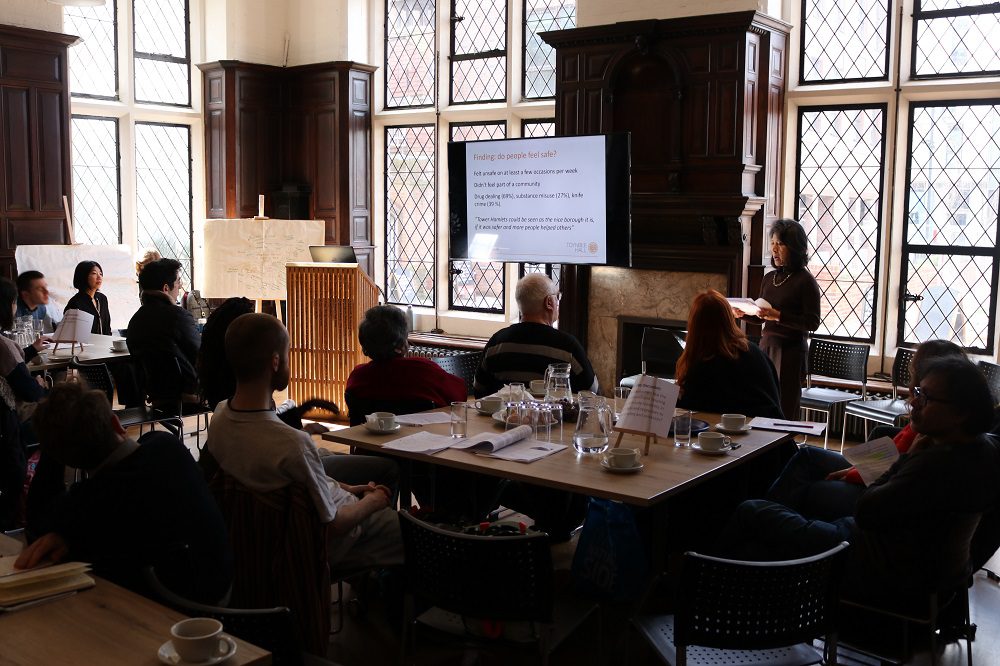
Bee is a member of Toynbee Hall’s Community Centre. She is also one of our community researchers taking action to improve safety and togetherness in Tower Hamlets. In this blog, Bee talks about her difficulties with data limits, what has helped her to get connected online, and learns from one of her friends who doesn’t have access to the internet.
I have been on lockdown for the past 8 weeks. During this period, I was reflecting about something. It’s something that even me, someone who has liberty and freedom of movement to leave the house, finds challenging with these present restrictions – social isolation. However, I have no choice but to comply with scientific and government advice to stay home, save lives and protect the NHS.
I don’t have WiFi to connect online. Luckily I have more mobile data allowance than most on my monthly subscription, but it’s not free and I have to be very careful with it. Online video calls and meetings consume a lot of data, and I can do a couple of video calls a month. Last month I nearly ran out.
Whilst on lockdown, I have only been out to buy essentials and exercise. Otherwise, I am on my own. To connect with family members and some of my friends, I use WhatsApp to send text messages and make video calls. East London Cares taught me how to download and use ‘Zoom meeting’ and Toynbee Hall hosts a Facebook online community centre, where we have regular weekly activities. I have had some support, but some people do not.
“Being one of the 30 community researchers at Toynbee Hall who have been trained to conduct community research and social action, I feel there is a role for me to gather experiences and views from friends who are digitally excluded.”
These could include people who do not have access to the internet, laptop or smartphone; those do not know how to use the above; people with limited data; and those who have sight loss or hearing impairments.I called those friends who cannot communicate digitally on the phone to find out how they were coping. I drafted my own questions, and here are some of the questions and answers from one of the friends who I talked with.
In this video, Bee explains what she thinks the Government needs to do to increase digital inclusion.
To find out more about how people in the community are affected by digital exclusion, Bee conducted an interview with her friend Tim, who describes himself as a YOUTHFUL 75 year old retired Electrical Foreman and widower. He keeps himself active in the community by taking part in activities provided by Tower Hamlets Council and making himself available to his neighbours for home DIY and decorating for free. Tim doesn’t have the internet, a laptop or a functioning smartphone.
How did you stay in contact with people before the crisis?
I made phone calls, met up with a group of friends twice a month to talk about anything, general topics, etc. I’d go to keep fit classes like line dancing, tai chi, yoga and gym weekly. I met up once a month with my friend for a beer and something to eat.
What has changed now you are socially isolating?
I am restricted as to linking up with my friends and colleagues. I connect with friends by telephone. I am well connected with my sisters by phone, from before the crisis. I used to visit my sisters twice a month. I don’t mind talking to them on the phone as long as they are well, but it’s nothing like seeing them physically.
I miss going out to meet my friends. I wish I had a partner that I could get along with. I am a widower. There’s only so much I can read or do exercise indoors. I painted the flat, but my heart is not in it. I’ve lost interest in doing things indoors. So I have to sneak out! I have to go to the bank in person as I can’t do it online, so I head to Canary Wharf then catch the train to Limehouse Station and walk back home from there. I was going out and doing a lot before. I realise now it’s crucial to have Wifi to stay connected. I know how to use the internet, but I am not connected to WiFi at home. I have a smartphone and I want to be able to make video calls and chat on Whatsapp, but I can’t get it to work. I want to download the NHS contact tracing app but I can’t. I would need support to learn how to do that. But I know all this opportunity is out there!
How about community support?
Tower Hamlets Homes contacted me to see if I needed assistance with shopping and to check on my wellbeing. AgeUK from Sonali Garden Community Centre called to offer any assistance I needed. They offered me shopping but I prefer to do it myself and speak to people. You have been an excellent friend, and support me by keeping in touch to make sure I am well and I appreciate that very much.
One of the employees at Tower Hamlets Homes was concerned that I did not have a safety alarm, and no one would know if I had an accident. But if I had a smartphone and Wifi the whole community would know I was ok! I am not connected with people in the community, as they are all connecting digitally now, particularly via video calls and Whatsapp. If I did have a smartphone that worked, I would be able use the internet a little, but I would need support to download apps.
What you think should happen for communities to get more connected?
Everybody should do their very best if they can look after themselves. I rely on the phone to connect with my friends and relatives. When I am out doing my shopping or in a queue waiting for my turn to shop, very often people like to chat and that breaks up the monotony of being on my own and it helps.
The local council has a list of tenants in council homes. People from the council could physically knock on our doors for a chat with people of senior age groups and bring food parcels from food banks in the local area for those who need them. The local council could distribute cards through the door – a red card to stick on the front door if people need help and a green card if help is not needed, if there was a well organised group in the country to look after senior citizens who live alone.
I would like to sign-up for WiFi, but only if I did not need to set up a direct debit. I have heard of other people’s bad experiences with direct debits, where they have to keep paying when they stop the contract early, but the company keep taking money out of the account
Tim’s calls for change:
- People from the council could physically knock on our doors for a chat with people of senior age groups and bring food parcels if they need it from food banks in the local area.
- You shouldn’t have to set up a direct debit to access WiFi.
- Offer support for senior age groups to use the internet and smartphone.
Bee’s calls for change:
- During the crisis, I think that the government should work with internet providers to make Wi-Fi free for everyone. Internet providers should relax their data caps and hotspots could be opened up. We need to be connected.
- The government should make internet providers offer internet packages that are affordable without fixed contracts or stiff penalties so we can easily change provider if we need to.
- Long term, I want the government to make sure that every household has access to the internet, and that it’s free to connect to providers of their choice.
Toynbee Hall’s Participatory Action Research project identified that one in three people over 50 in Tower Hamlets require better access to technology, and over one in five respondents require support using a mobile phone.
Who’s already helping?
Tower Hamlets Council are contacting all Tower Hamlets residents that have been identified through the NHS as being at highest risk of severe illness from coronavirus, to support them with their care needs and health and wellbeing. They have set up a new phone line to support residents that are extremely vulnerable and at the highest risk of severe illness caused by coronavirus : 020 7364 3030. Tower Hamlets Council has set up an online self-isolation support request for residents who are not classed as being at the highest risk of severe illness from coronavirus, or who are not extremely vulnerable.
Major telecoms providers have made commitments to remove all data caps on fixed broadband services, and offer data boosts at low prices and free calls for the most vulnerable.
The APLE Collective are doing fantastic work to raise awareness of what it is like to live without internet on a low income, and have released a brilliant piece on the challenges, and what the government needs to do to tackle them. Community Organisers are also calling for the creation of a large free-to-use Open WiFi network in the UK, to support the most economically oppressed communities to self-organise during this pandemic. Find out more here.


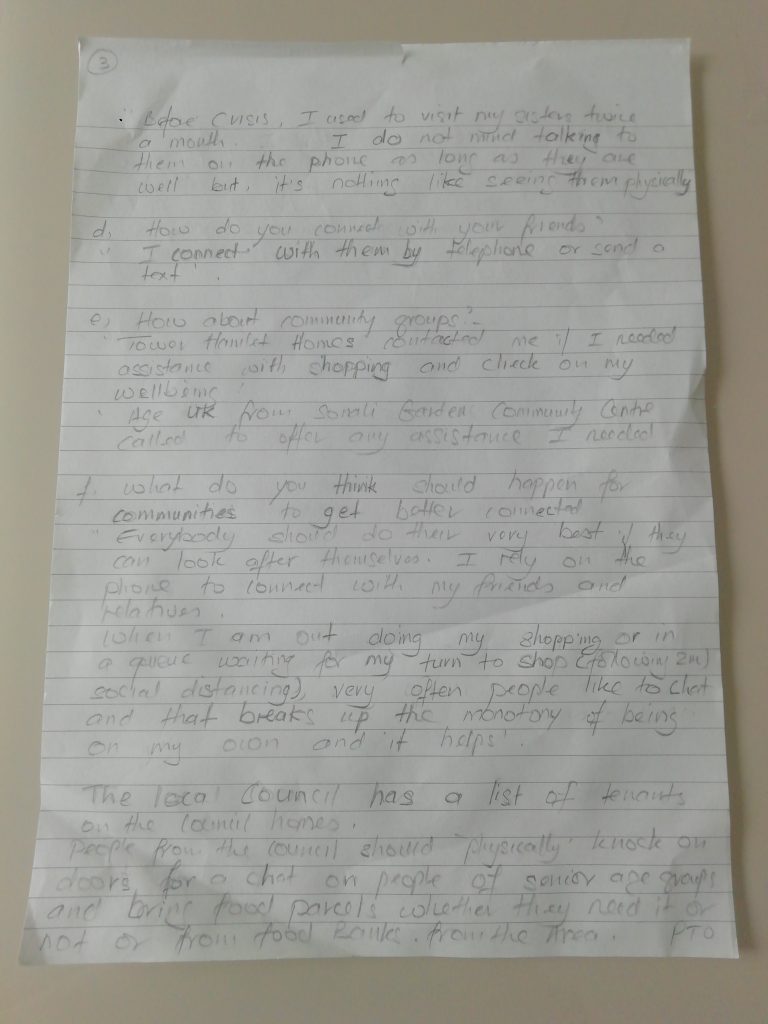
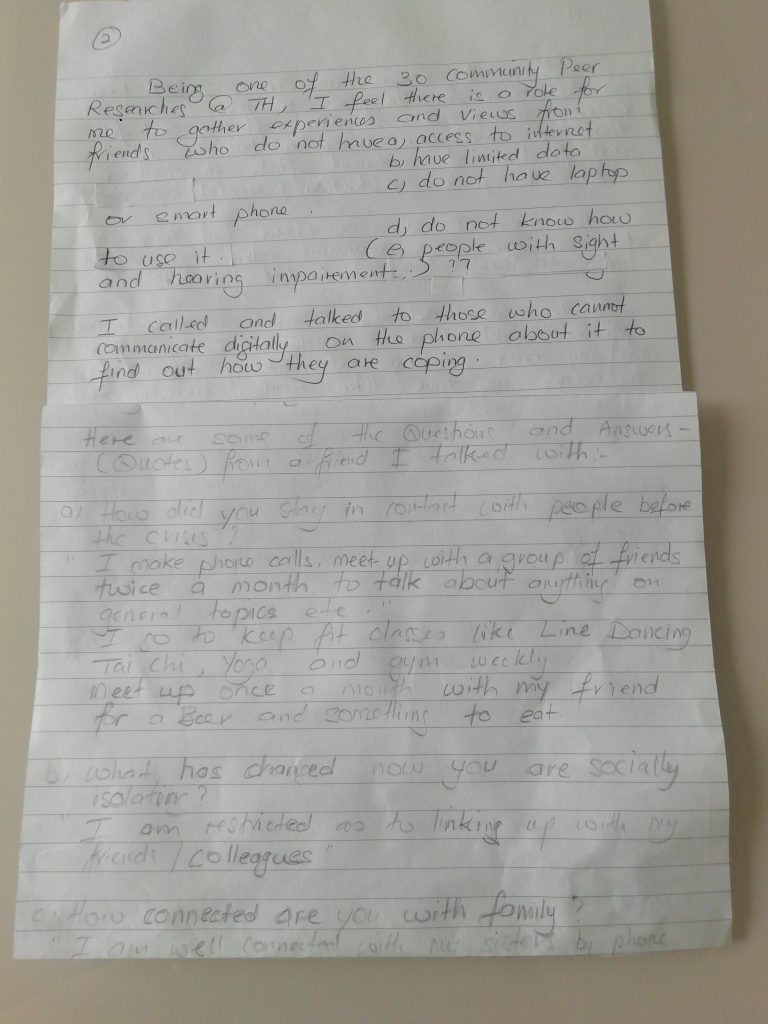


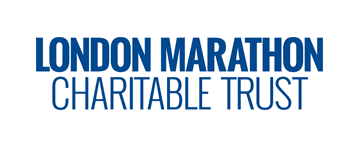








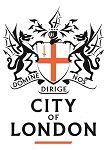




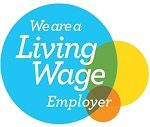
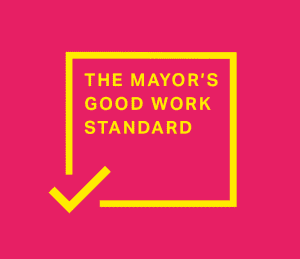
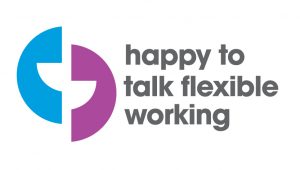

72 Responses
How are you all at Toynbee Haal? I feel great when i hear from you and would love to be contacted and visit again. Remember you are part of my beginging to understand lifes up’s and downs. Take care.